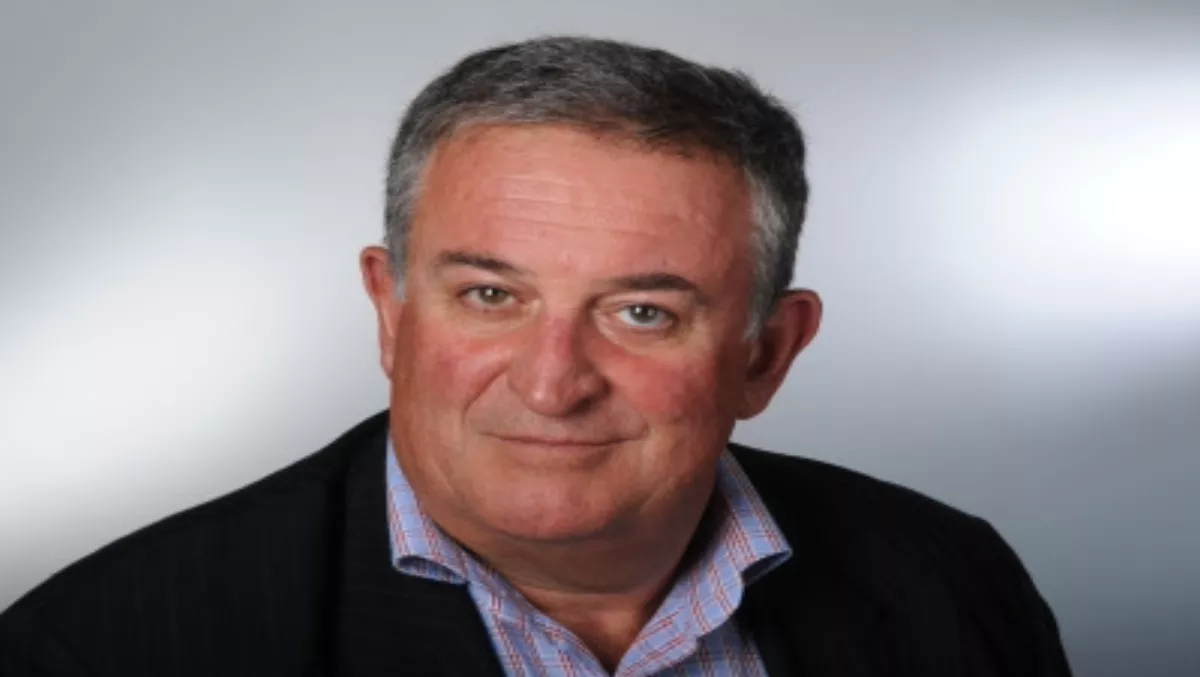A proposal to transfer control of New Zealand’s telephone numbers to the Telecommunications Carriers Forum would be unlikely to force 2degrees to join the organisation its labelled “unnecessary” and “time consuming”.
In a draft code put forward by the TCF – which has had input from the MED and the Commerce Commission – it’s proposed telcos that issue numbers must be paid up members of the TCF. The TCF would assume overarching governance of the New Zealand numbers, but it would be run by the Numbering Management Group (NMG).
2degrees quit the TCF in June 2009, claiming it was “largely controlled” by Telecom, Vodafone and TelstraClear and that membership was “an unnecessary and time consuming distraction”.
Currently New Zealand’s numbering plan is managed by the Number Administration Deed (NAD), which was formed in 1998. But under the proposed changes the NAD would disappear and only signatories to the new code administering NZ numbers would be eligible to purchase number blocks under the +64 country code.
But new TCF CEO David Stone (pictured) says if the proposed changes go ahead there’s nothing the TCF can do to compel 2degrees to join, as they already have the 022 number block.
“Ideally they should join, yes. Do they have to? No,” he says. “We’ve got no way of compelling them and it’s not what’s intended. Hopefully by power of persuasion they will join.”
In addition to 2degrees, Teamtalk also have allocated number blocks and they aren’t members of either the TCF or the NAD. Under the proposal it’s only if both telcos require new number blocks would they have to become members. The alternative is a law change forcing them to join, but Stone says the TCF is not proposing this.
Loss of sovereignty
The proposed changes are designed to ‘stiffen’ the rules so that VoIP operators based overseas with no involvement in New Zealand can’t use +64 numbers, says Stone.
“One of the great issues we faced was the gaining access to New Zealand number ranges by IP service providers who weren’t resident in New Zealand and seeing those numbers starting to appear on things like SKYPE,” says Stone.
“There was a concern expressed in the Commission’s report about loss of sovereignty over NZ numbers and we have stiffened up the number allocation process to try and ensure we have some kind of control over that.”
Telecom gives up claim to own NZ numbers
Numbering management has had a chequered history in New Zealand. Telecom declared ownership for 20 years, claiming the numbering plan was part of the assets sold by the Government in 1987. A claim it only relinquished in July 2009.
The NAD was set up as a way of providing independent administration, and one of its chief purposes was to establish number portability. After five years of inaction, the project was handed over to the TCF in 2003, and number portability went live on 1 April 2007.
The NAD considered whether to merge with the TCF, but Stone says it wasn’t until 2degrees “wanted to get its numbers” that Telecommunications Commissioner Ross Patterson stepped in and suggested the two groups merge.
“The bottom line is that he had more faith in the TCF then he did in the NAD,” says Stone.
In 2008, the TCF formed a joint working party with the NAD to look at a merger. That same year the Commerce Commission launched an investigation into how numbers are managed. The Commission’s final report in December 2008 highlighted that the NAD didn’t view numbering as a “critical national resource”, there was no public consultation process on its decisions and there was no obligation on NAD members to use the numbers they were allocated (in other words telcos could hog numbers indefinitely).
TelstraClear surrenders 023
The TCF working party was expanded in early 2009 to include representatives from the Commerce Commission and the MED. A draft code was developed and historical stumbling blocks were overcome. In addition to Telecom giving up its ownership claims, TelstraClear relinquished the mobile preface 023, which it inherited when TelstraSaturn and Clear merged in 2001.
“Both of these (Telecom and TelstraClear) are reasonably substantial changes in position,” says Stone.
Who owns the numbers now?
The Crown is considered by the International Telecommunications Union (a United Nations agency) to be the paramount authority for all numbers falling under the +64 country code. Under the reforms the MED is proposing that the Crown formally delegate authority to the TCF for the administration of NZ numbers.
The numbering plan itself is currently administered by Organisers New Zealand Limited (ONZL), an independent company, whose director Susan Wells is the TCF’s forum administrator as well as the NAD Number administrator. ONZL also provides administrative support to the Telecommunications Industry Group (TIG) and NZICT.
Public submissions on the proposed reform of the New Zealand Telecommunications Numbering Governance Arrangements close on 5 February 2010.
A representative from 2degrees was unavailable to comment.
